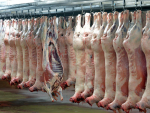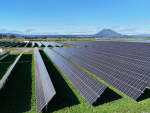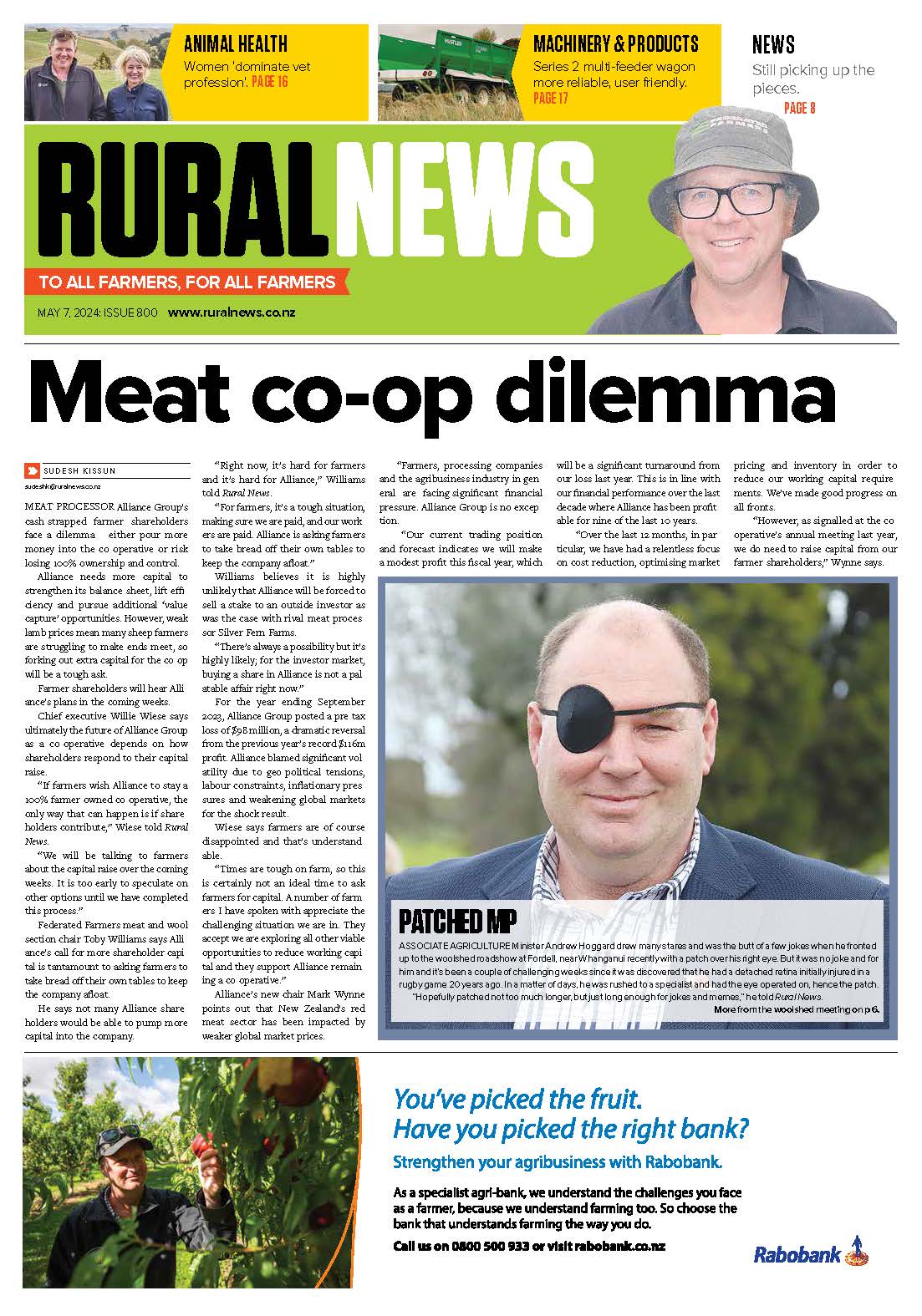The new revamped TPP agreement preserves the essential elements of the original agreement – particularly improved access to Japan, Canada and other markets – says New Zealand International Business Forum (NZIBF) executive director Stephen Jacobi.
It also softens its impact in areas previously contentious in NZ, Jacobi told Rural News from DaNang, Vietnam, where the agreement was reached.
The 11 countries have agreed on core elements of the Comprehensive and Progressive Agreement for Trans-Pacific Partnership (CPTPP). Four issues are requiring more technical work and discussion.
Jacobi says the crucial market access package of TPP remains unchanged, but other elements including intellectual property (copyright and patents) had been suspended. The Government had also satisfied its concerns about overseas tax residents buying residential properties and investor state dispute settlement (ISDS).
“This is a major achievement: CPTPP is essentially a new agreement which recognises that aspects of the previous agreement had been problematic for some in civil society, while not diminishing the economic impact and the new opportunities created for NZ exporters,” Jacobi says.
Beef + Lamb NZ (BLNZ) and the Meat Industry Association (MIA) welcome the news of the deal.
Sam McIvor, chief executive of BLNZ, says the CPTPP will deliver significant gains to the sector.
“Over 90% of NZ’s sheepmeat and 80% of our beef production is exported. These exports support about 60,000 jobs on farms and in processing companies, and a further 20,000 jobs in supplying sectors.
“This deal simultaneously opens up multiple markets in Japan, Mexico, Peru and Canada and puts us on a level playing field with other major red meat exporters in the Asia Pacific region, such as Australia and the European Union.
Tim Ritchie, MIA chief executive, says since Australia’s 2015 trade agreement with Japan, their beef exports to Japan have increased by $1 billion, while NZ’s have fallen by $30 million.
“Demand in Japan for beef has been growing, but we have lost significant market share.
“The situation got tougher in August when Japan imposed a WTO safeguard on frozen beef, raising its tariff on NZ exports from 38.5 to 50%, while Australia only faces a tariff of 22%. Since the safeguard was applied our frozen beef exports to Japan have fallen by 70%.”
The agreement captures all the market access gains of the previous TPP agreement, and it addresses some of the concerns of the NZers have about TPP – the preservation of PHARMAC, foreign ownership of land and housing, and freedom to regulate to protect our environment.
Minister for Trade and Export Growth David Parker says there will be no change to the goods market access outcomes contained in the original TPP.
He says the new agreement achieves meaningful gains in market access for farmers and supports the 620,000-plus NZers whose jobs depend on exports. The CPTPP will also provide NZ for the first time with preferential market access to Japan, the world’s third-largest economy, and Canada, Mexico and Peru.
“NZ will now be focused on working together with our partner countries toward signature, including on the four specific items to be finalised by the date of signature of the new agreement.
“I expect negotiators will need to meet again in the next few months to take this forward.”
Parker says as with all free trade agreements, the foreign affairs, defence and trade select committee will scrutinise the CPTPP and Parliament will consider the necessary legislative changes needed.
Jacobi says he hopes all parties in Parliament can support the new-look TPP.
“With CPTPP we have an opportunity not only to restore the bipartisan consensus on trade, but also to move on to thinking more deeply about how this agreement and others in the pipeline can be made to work better for people.
“The business community certainly hopes this can be a new basis for a better discussion about trade and its impacts in NZ and we look forward to working with the Government to complete the remaining work and to bring the agreement into force as soon as possible.”



















